Keynote Speakers
All talks will take place in the Rosalind Franklin Room at We The Curious.
Cecily Maller
RMIT, Lead Editor People and Nature
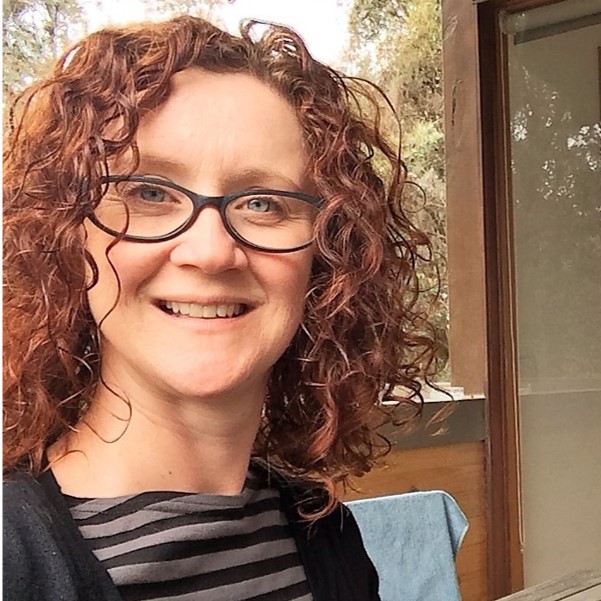
Cecily is an Associate Professor in the Centre for Urban Research at RMIT University in Melbourne, Australia where she co-leads the People, Nature, Place Research Program. Her research focuses on human-environment interactions in urban settings in the context of everyday life. Cecily is particularly interested in how people interact with animals and plants in homes and neighbourhoods, how these interactions affect health and wellbeing, and the implications for making cities greener and more biodiverse. As part of this work, she is a lead investigator for the Australian Government’s Clean Air and Urban Landscapes Hub (funded by the National Environmental Sciences Program). Cecily has been interested in the health benefits of contact with nature since working on the Healthy Parks, Healthy People initiative in the early 2000s. Although an interdisciplinary scholar, her work is broadly situated in human geography, specialising in post-humanist approaches and qualitative methods.
Cheryl Willis
Natural England, Marine Conservation Society
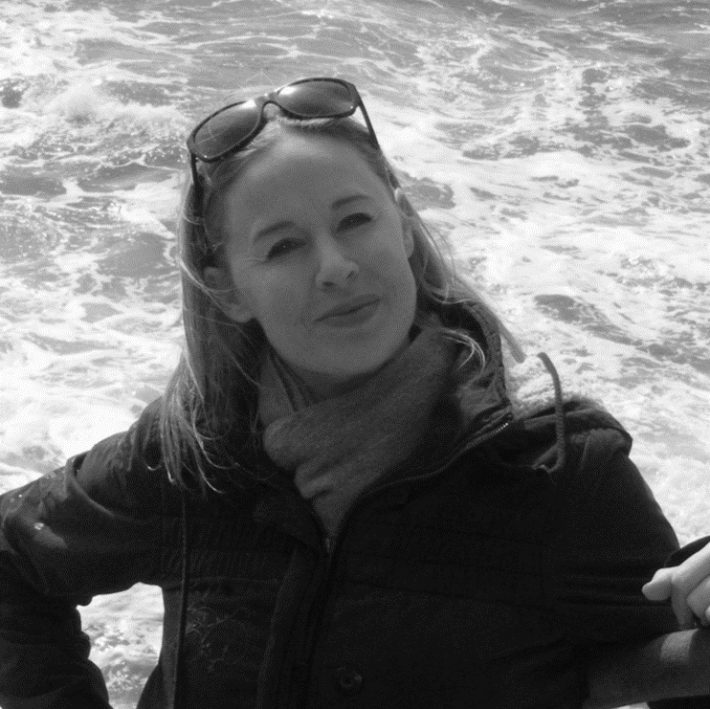
Cheryl Willis is a Senior Specialist in social science at Natural England. She specialises in participatory research methods and behaviour change. Cheryl’s research interests include environmental justice and how people connect with and ascribe meaning to different natural environments. Before joining Natural England, three years ago, Cheryl worked at and gained her PhD from the University of Exeter where she focused on understanding and measuring cultural ecosystem services and the psychological well-being benefits of coastal spaces.
Sue Ranger
Marine Conservation Society
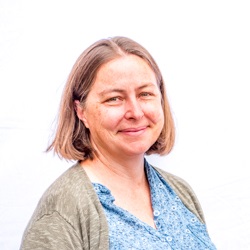
Sue Ranger has been with the Marine Conservation Society since 2001 and has worked in marine conservation, community engagement and education for over 25 years. While she grew up in South Africa, a thousand kilometres from the ocean, she has always felt a strong connection with the coast and sea. Sue currently leads a team focused on education, and innovative and effective stakeholder engagement. Sue is currently doing a PhD, looking at the contribution that the coast and sea makes to human wellbeing and how we can ensure that the less tangible value of the ocean is not forgotten in policy and decision-making. She juggles work and studies with raising her two children and spending as much time as possible outside.
Gretchen C. Daily (Remote speaker)
Stanford University, Center for Conservation Biology
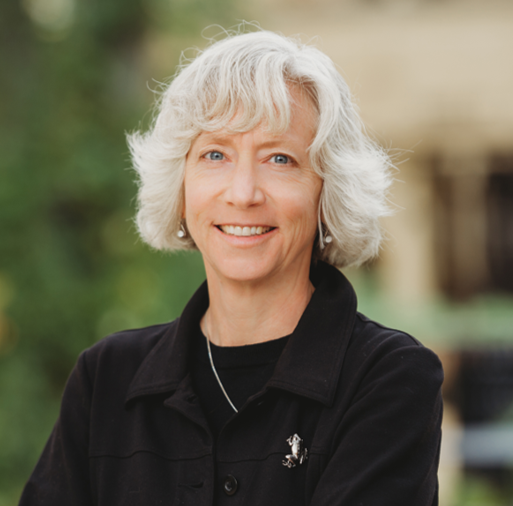
Gretchen Daily is Bing Professor of Environmental Science, Senior Fellow in the Stanford Woods Institute, Director of the Center for Conservation Biology, and faculty director of the Natural Capital Project.
Daily’s research is on understanding the dynamics of change in the biosphere, their implications for human well-being, and the deep societal transformations needed to secure people and nature. Through the Natural Capital Project, she works extensively with governments, multilateral development banks, businesses, communities, and NGOs. A global partnership that is integrating the values of nature into policy, finance and management globally, its tools and approaches are now used in 185 nations through the Natural Capital Platform. The partnership is increasingly focused on advancing understanding of nature’s contributions to human health.
For scalable successes to date, see the forthcoming book, Green Growth that Works: Natural Capital Policy and Finance Mechanisms from Around the World (Island Press, Sept 2019).
Ian Bateman
University of Exeter Business School
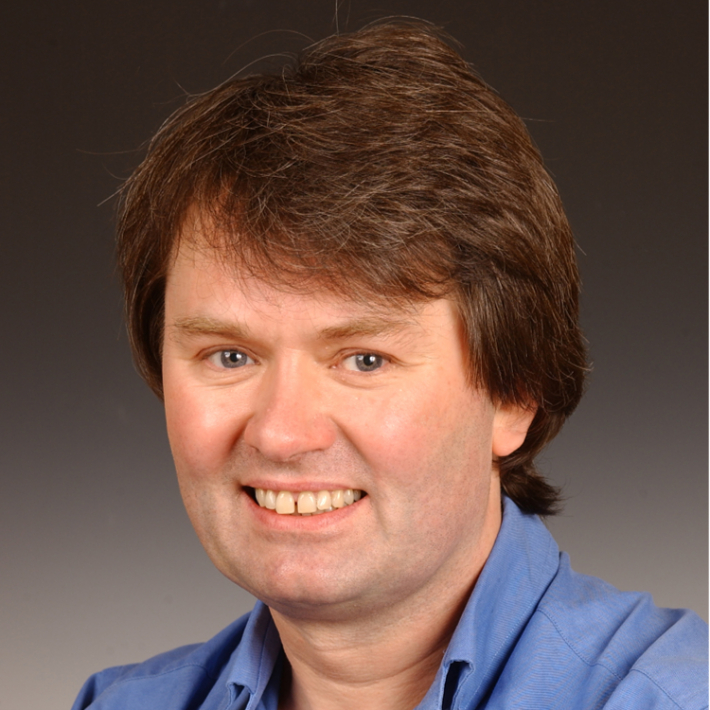
Ian is Professor of Environmental Economics and Director of the Land, Environment, Economics and Policy Institute (LEEP) at the University of Exeter Business School, UK. Ian has been awarded a Royal Society Wolfson Research Merit award and is a Member of the Natural Capital Committee (reporting to the Chancellor of the Exchequer) and the Board of the Joint Nature Conservation Committee. He led the economics team for the UK National Ecosystem Assessment (UK-NEA) and leads NERC SWEEP programme bringing together business and policy decision makers with research experts to examine natural environment and economic issues.
Isabelle Anguelovski
Universitat Autònoma de Barcelona, Institute for Environmental Science and Technology, and Barcelona Lab for Urban Environmental Justice and Sustainability
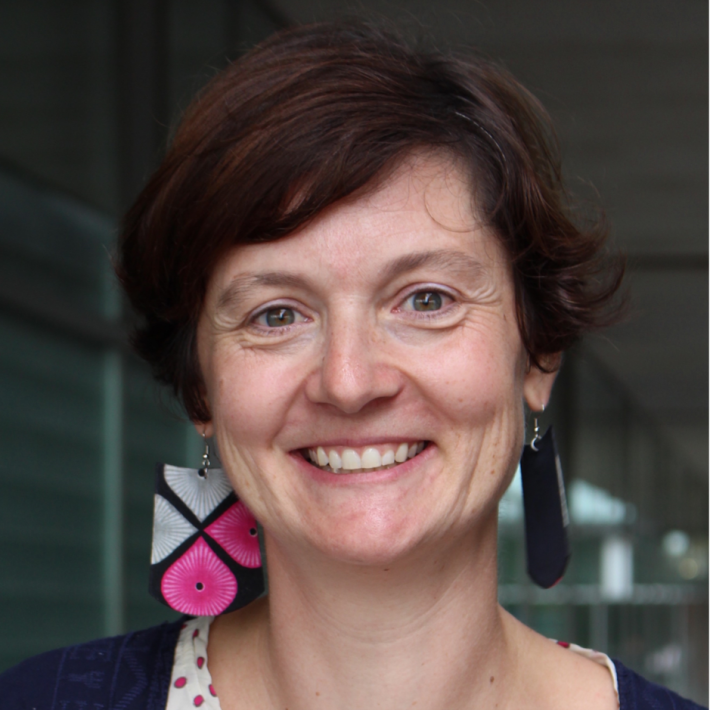
Isabelle is the director of BCNUEJ (Barcelona Lab for Urban Environmental Justice and Sustainability) and ICREA Research Professor at the Universitat Autònoma de Barcelona (UAB) within the Institute for Environmental Science and Technology (ICTA). Situated at the intersection of urban planning and policy, social inequality and development studies, her research examines the extent to which urban plans and policy decisions contribute to more just, resilient, healthy, and sustainable cities, and how community groups in distressed neighbourhoods contest the existence, creation, or exacerbation of environmental inequities as a result of urban (re)development processes and policies. In the ERC EU-funded project GREENLULUS, she and others explore how environmental gentrification processes can lead to new forms of locally unwanted land uses, Green Locally Unwanted Land Uses in communities of colour and lower-income neighbourhoods.
Jasper Kenter
University of York
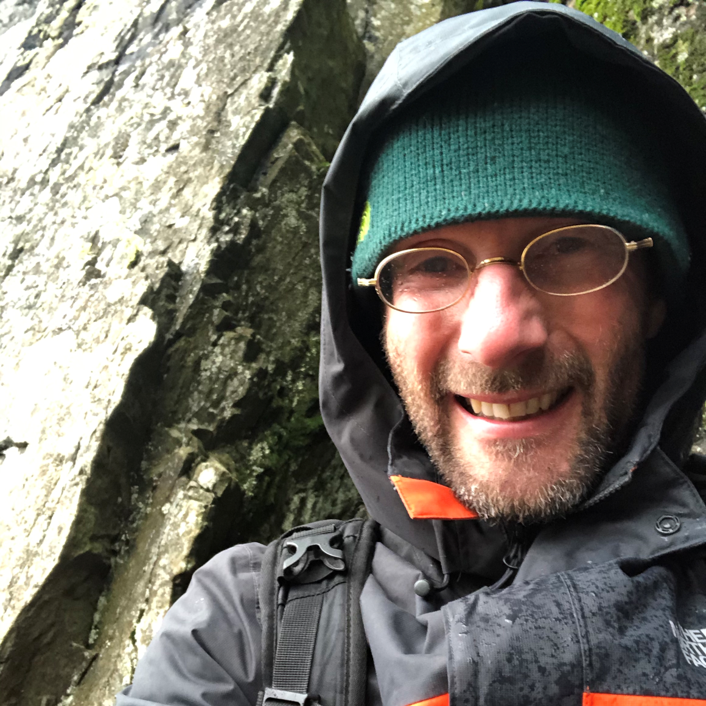
Jasper Kenter is Associate Professor in Deliberative Ecological Economics at the University of York. He is an interdisciplinary researcher in sustainable development, conservation and environmental management issues with a specialisation in ecological economics and public and stakeholder deliberation, focusing on people’s values about nature and the development of shared values to resolve environmental conflicts. Jasper is an IPBES lead author, associate editor of the journal Ecosystem Services, and a minister of the One Spirit Interfaith Foundation. He currently co-leads the EU Horizon 2020 PERICLES project on integrating cultural and natural heritage of the sea. Previously he was principal investigator on shared, plural and cultural values for the UK National Ecosystem Assessment follow-on.
Kai M. A. Chan
University British Colombia, Lead Editor People and Nature
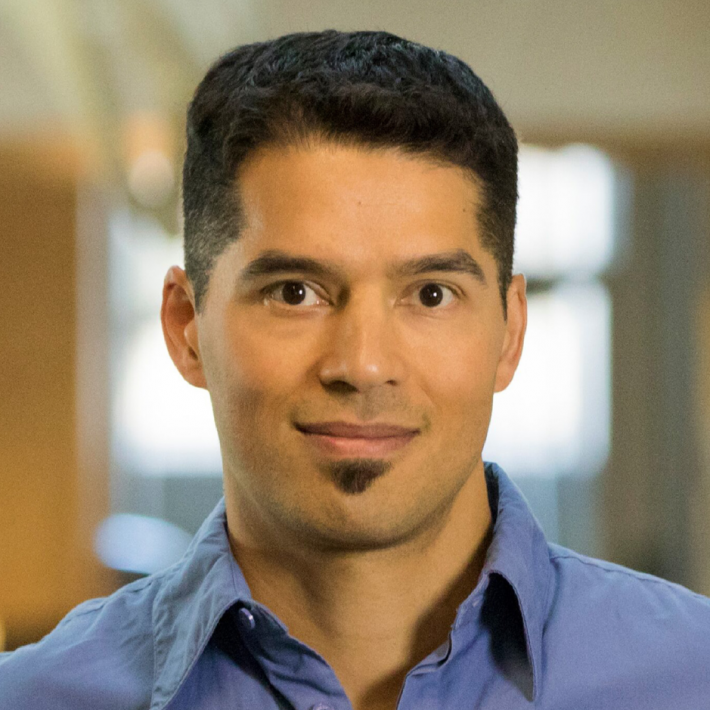
Kai is a professor in the Institute for Resources, Environment and Sustainability at University of British Columbia. He is an interdisciplinary, problem-oriented sustainability scientist, trained in ecology, policy, and ethics from Princeton and Stanford Universities. Kai strives to understand how social-ecological systems can be transformed to be both better and wilder (‘better’ including considerations of justice). Towards this end, he does modelling and empirical research to improve the management and governance of social-ecological systems. He has special interest in ecosystem services (ES; while recognizing and working on the concept’s limitations), including cumulative impacts and risks to ES; the evolutionary ecology of pest control; applied environmental ethics; ecosystem-based management; social-ecological systems and resilience; and connecting these ecosystem-oriented efforts to environmental assessment (e.g., LCA).
Rachelle Gould
University of Vermont

Rachelle Gould is an Assistant Professor in Sustainability and Global Equity at the University of Vermont. She is an interdisciplinary scholar whose work involves social science, the humanities, and ecology. Her research explores the relationship between people and ecosystems, with two foci: the values of nature (including cultural ecosystem services and relational values), and lifelong and life-wide environmental education and learning. Attention to equity and justice issues motivate and undergird this work.
Community-based research is an important part of Rachelle’s approach, and her work has led her to multiple continents and scores of relationships with conservation practitioners, government officials, and local community members. These have included a higher education institution in Bhutan, The Nature Conservancy in Chile, and NGO and governmental partners in Kona, Hawaiʻi. She and her research team currently conduct research in Hawaiʻi, multiple locations in Vermont, and New York City. Rachelle holds interdisciplinary environmental degrees from Harvard (BA), Yale (MA), and Stanford (PhD).
Rob Fish
University of Kent, Lead Editor, People and Nature
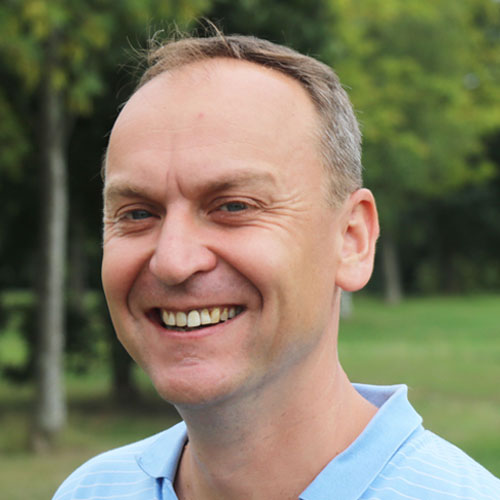
Rob is a Reader in Human Ecology in the School of Anthropology and Conservation, University of Kent. He is an environmental social scientist interested in the social and cultural dimensions of natural resource management. Understanding how the natural world is imagined, valued and planned as an asset for human well-being is the preoccupying concern of his research.
Much of his work is centred on rural and agricultural landscapes and is distinguished by its interdisciplinary, participatory and problem-centred focus, as well as by direct intervention in the policy process. In recent years he has been particularly associated with the development of ecosystem–based approaches to natural resource management, which he seeks to influence and shape from a social science and critical starting point.
Rosie Hails
The National Trust
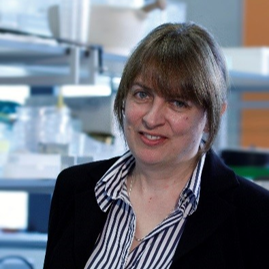
Professor Rosemary Hails is the Director of Science and Nature for the National Trust. She was formerly Science Director for Biodiversity and Ecosystems Services at the Centre for Ecology & Hydrology (CEH). She is Chair of the Advisory Committee on Releases to the Environment (ACRE) and a member of the Natural Environment Research Council Science Board as well as Council member of the RSPB. She leads the co-ordination team for the Valuing Nature Programme, a £7–million interdisciplinary research programme funded by NERC, ESRC, BBSRC, Defra and AHRC. She is a vice president and member of council for the British Ecological Society (BES) and in 2008 co-founded the Natural Capital Initiative in collaboration with the BES and The Royal Society of Biology. She was a member of the expert panel and an author for the UK National Ecosystem Assessment and a member of the first Natural Capital Committee. She was awarded an MBE for services to environmental research in June 2000.
Toby Park
The Behavioural Insights Team
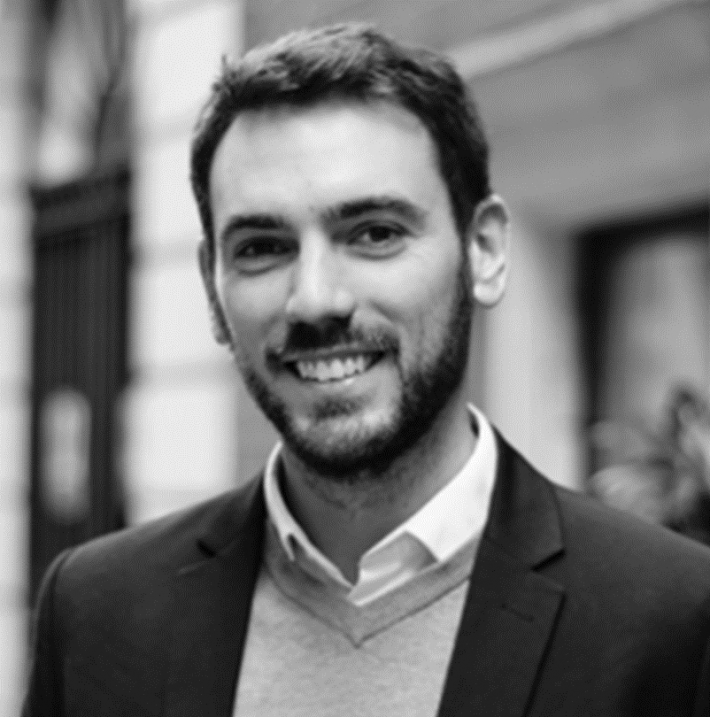
Toby is the Head of Energy & Sustainability at the Behavioural Insights Team, the world’s first government organisation dedicated to the application of behavioural science to achieve positive social impacts. Toby’s expertise lies in the psychology of pro-environmental behaviour, and he has led projects developing and testing policy and interventions to encourage energy and water conservation, sustainable transport adoption, sustainable food choices, and wildlife conservation behaviours. His background is in social psychology, and engineering.
Like what we stand for?
Support our mission and help develop the next generation of ecologists by donating to the British Ecological Society.